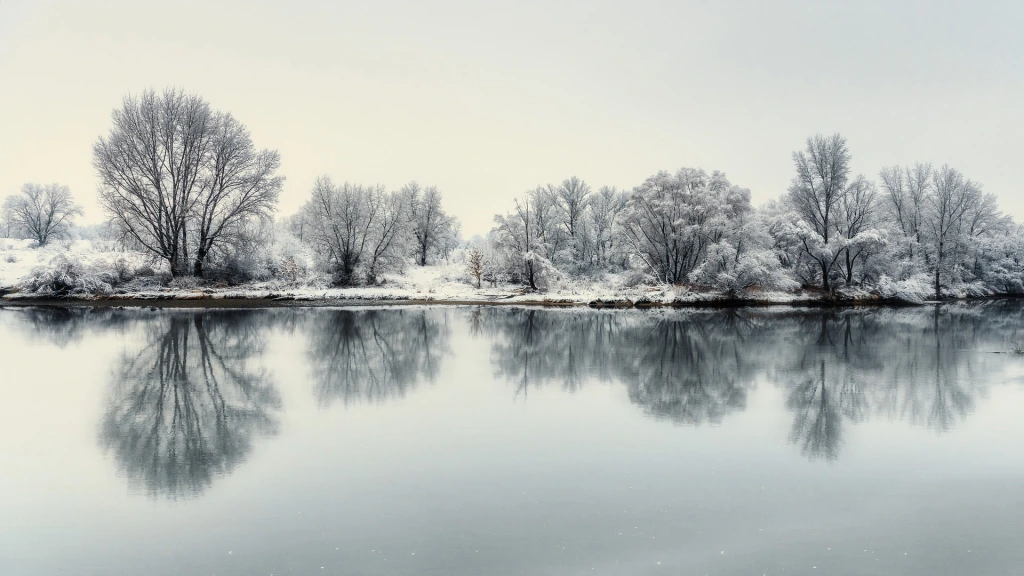Liu Zongyuan, 柳宗元 was just 46 when he died. A champion of political reform, he lead a life that consisted of exile and isolation. The poem Winter Snow expresses his loneliness.
江雪
千山鳥飛絕
萬徑人蹤滅
孤舟蓑笠翁
獨釣寒江雪柳宗元
River Snow
A thousand mountains, not a bird in sight
Ten thousand paths, not a human track
Alone in a boat, wearing a straw cape and hat, an old man sits
Fishing alone, in the winter snowLiu Zongyuan, 773-819
Notes on Translation
It appears that I keep coming back to this poem in winter. Usually it is a gray winter day and the snow is gently falling. True to Liu’s words, the birds are hidden wherever birds hide when it is cold and snowy. Indeed, not even the squirrels are out for gusts of wind make it bitter to be outside. My dog refuses to go out so there is not a track in the snow.
It’s cold!
For one to be fishing on such a day is a sight to behold.
Jiāng xuě, 江雪, River Snow.
Everyone forms their own image of a scene. I imagine snow gently falling on a mirror-like river. Occasionally a gust of wind swirls the snow. There on the river I spy an old man in a small boat. He is dressed in a straw cape and hat, alone with his thoughts, hoping for a fish.
Liu’s life (773-819) took place in the aftermath of the An Lushan Rebellion (755 to 763). After the rebellion was put down, political reform was needed to put the war torn economy back in order. Liu became a progressive politician, lobbying for reform. This did not please the powers in place and he was banished to the South and kept under close watch.
Prior translation, River Snow

Pinyin
Jiāng xuě
Qiānshān niǎo fēi jué
wàn jìng rén zōng miè
gū zhōu suō lì wēng
dú diào hán jiāng xuě











